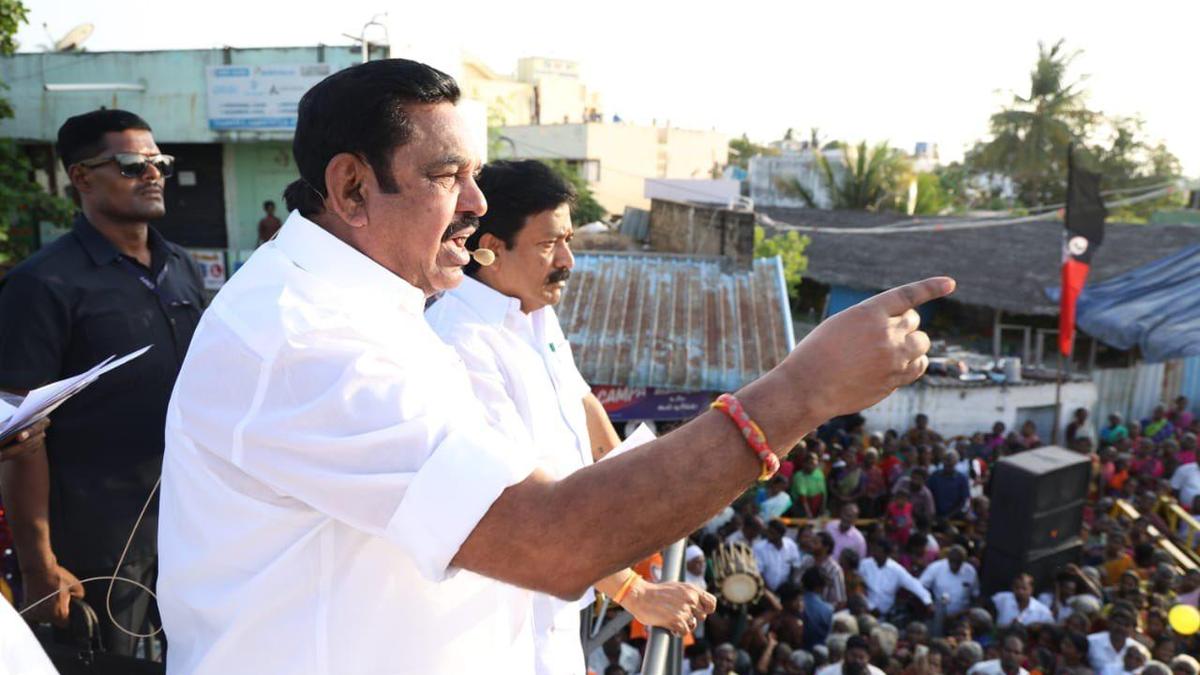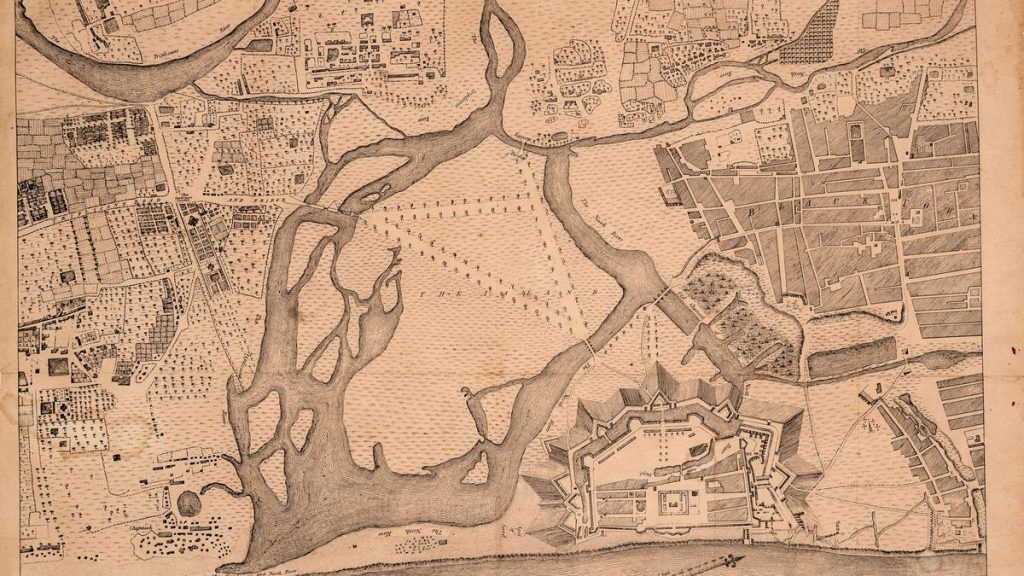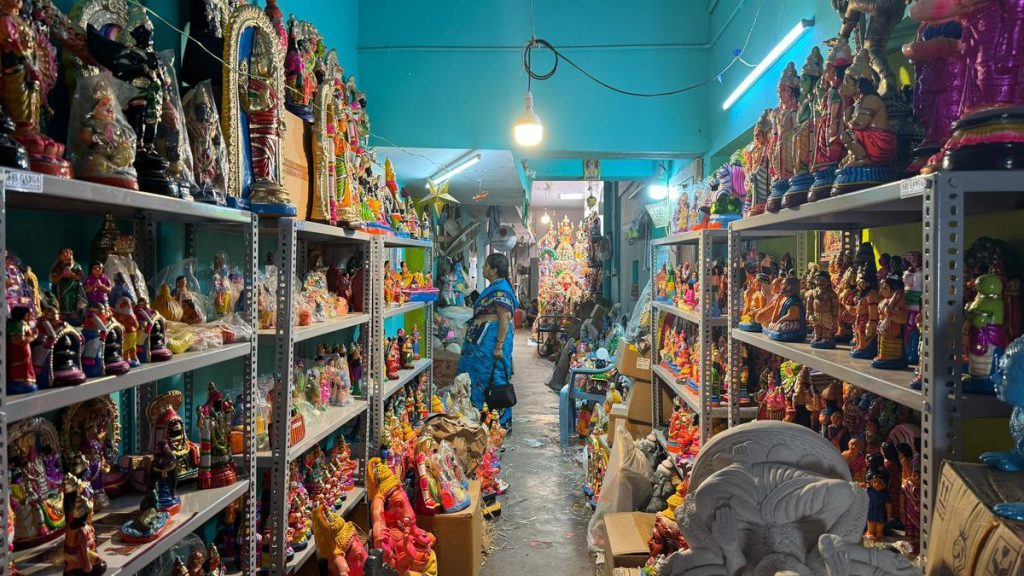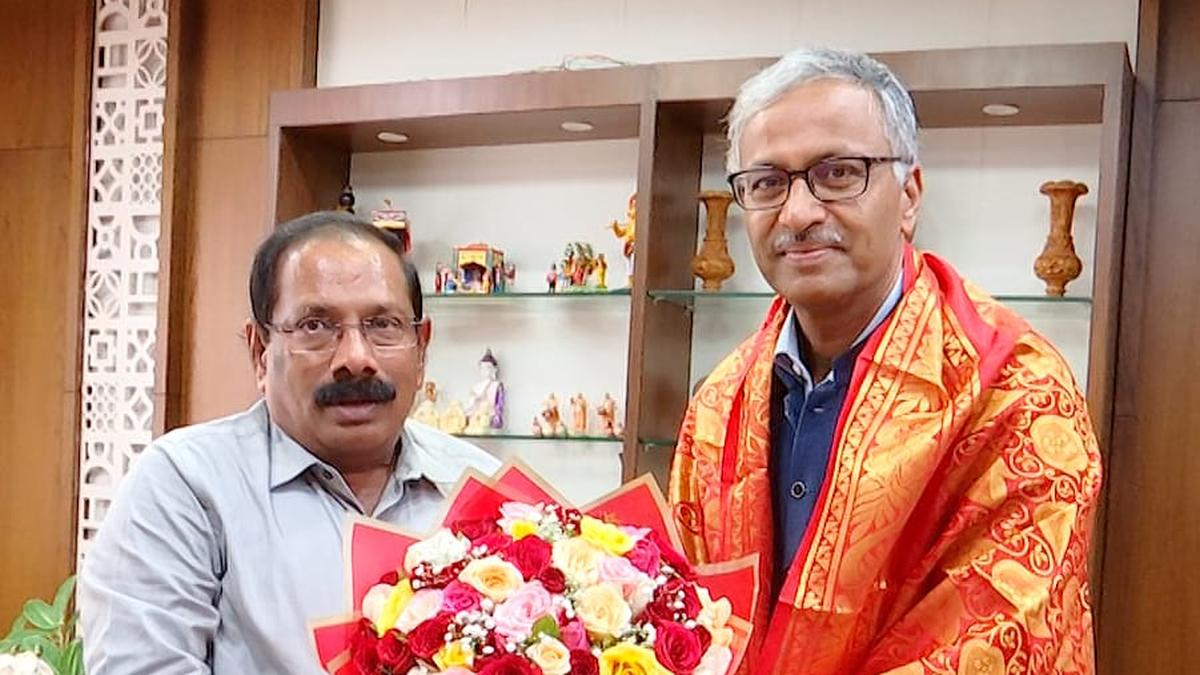Now Reading: Edappadi K. Palaniswami Predicts End of DMK’s Dynasty Rule in 2026 Polls
-
01
Edappadi K. Palaniswami Predicts End of DMK’s Dynasty Rule in 2026 Polls
Edappadi K. Palaniswami Predicts End of DMK’s Dynasty Rule in 2026 Polls

Swift Summary
- AIADMK General Secretary Edappadi K. Palaniswami stated on Friday that his party aims to secure an “absolute majority” in the 2026 Tamil Nadu assembly elections and form the next government.
- Speaking in Vanur, Villupuram district, he alleged that the ruling DMK has not fulfilled most of its electoral promises from 2021, claiming only 10% have been met despite Chief Minister M.K. Stalin’s assertions otherwise.
- Specific unmet promises cited include increasing MGNREGA working days to 150, waiving student education loans, and providing a ₹100 subsidy for domestic LPG cylinders.
- He criticized hikes under the DMK government: residential property tax increased by 100%, commercial property tax by 150%, and power tariff hikes adding economic pressure.
- Rising prices of essential goods were also alleged to have caused hardship for citizens under DMK governance.
- Palaniswami referred to policy achievements during his tenure as Chief Minister,such as granting 7.5% horizontal reservation for NEET-qualified students from State-run schools in medical admissions via Executive Order.
- He accused the DMK government of shutting down a university established under AIADMK rule bearing former CM jayalalithaa’s name.
Indian Opinion Analysis
AIADMK’s assertion signals an early start to election campaigning focused on governance record comparison between itself and ruling DMK ahead of Tamil Nadu’s upcoming political contest in 2026. Mr. Palaniswami’s emphasis on unfulfilled electoral promises such as increases in job opportunities (MGNREGA), educational reforms (loan waivers), and financial subsidies may resonate with segments of citizens who feel directly impacted by economic constraints.
The criticism over rising taxes and utility costs highlights potentially important voter concerns regarding affordability during current governance periods; however, details around broader fiscal realities remain absent from this discourse. Reference made toward undoing certain initiatives like shutting down an AIADMK-established university underscores differences being framed beyond policy into symbolic party legacy clashes-a theme likely relevant throughout campaigns across similar regional dynamics tied legacy apparatus paired besides progress markers holding youth-focus rural-tier-gradual paralysis otherwise dreadful low
























